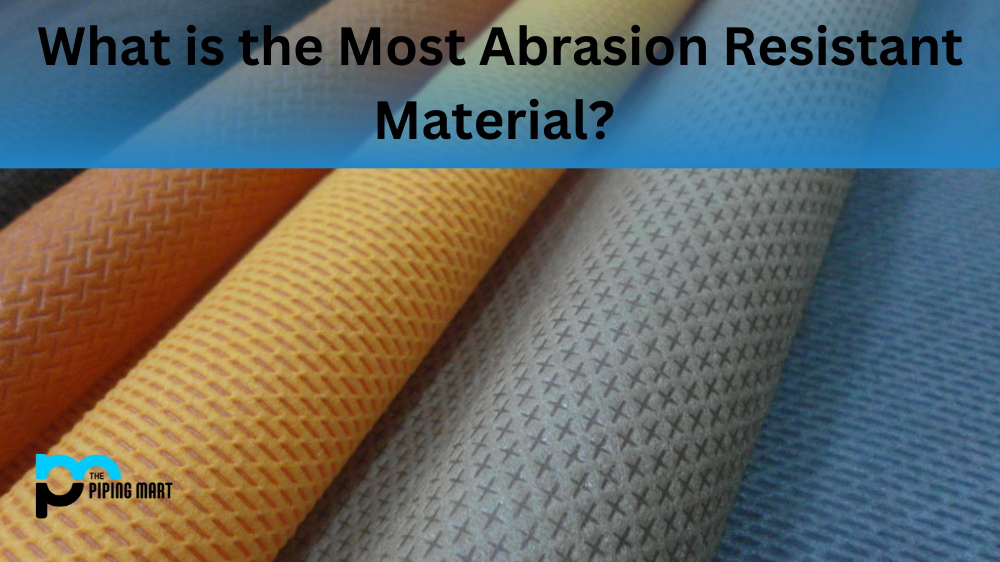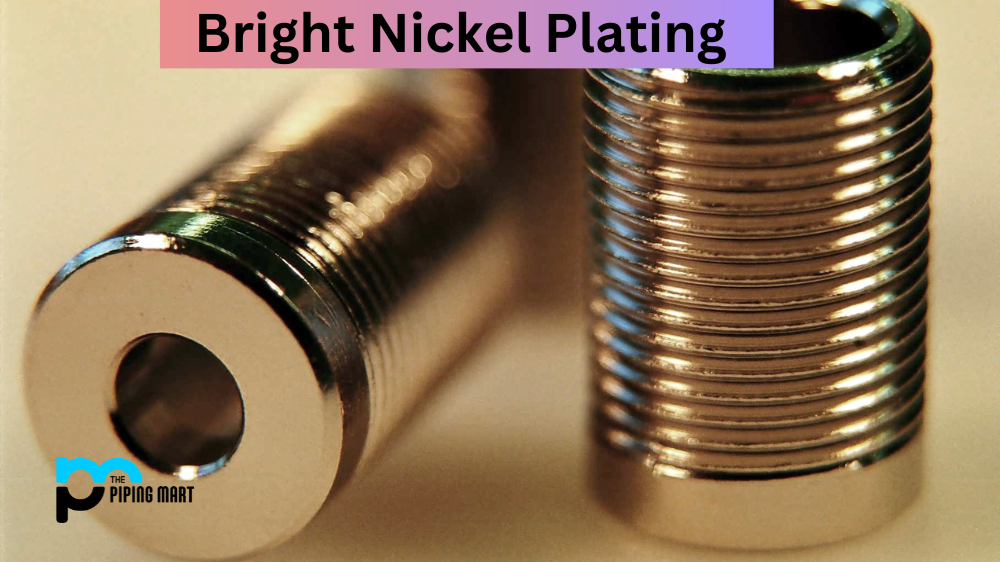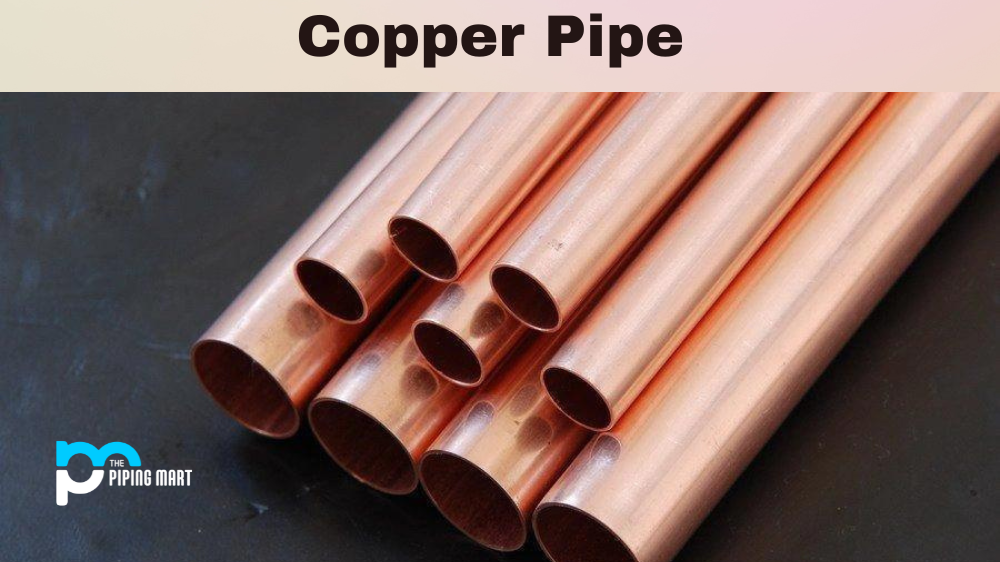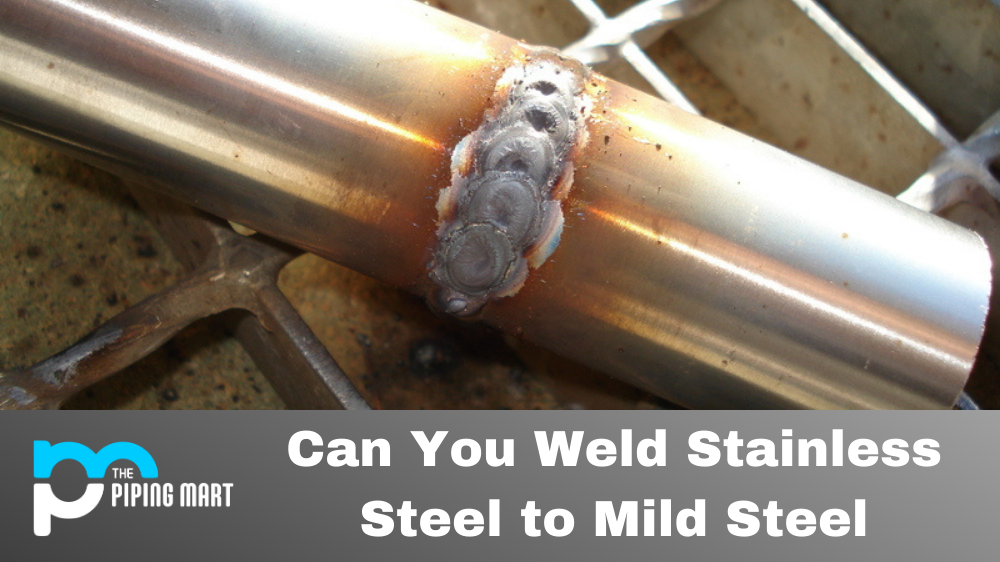When it comes to engineering projects, it’s important to choose a durable material to withstand abrasion. In this blog post, we will discuss the various materials available on the market and which one is the most abrasion-resistant.
There are several materials with varying levels of abrasion resistance. The two most common types of abrasion-resistant materials are metals and polymers. Both can be used in various applications, including automotive parts, machine components, and food processing equipment. Let’s look at some of the most popular choices among engineers and industrial workers.
Metals
Steel, aluminum, stainless steel, and titanium are all metals that have high levels of abrasion resistance. Steel is the most commonly used metal due to its affordability, strength, and durability. It can also be easily machined into complex shapes or cast into molds for large parts production. Aluminum is another popular choice because it has excellent corrosion resistance and is lightweight compared to other metals. Stainless steel provides superior wear resistance, while titanium has superior heat resistance properties, which make it ideal for high-temperature applications such as aerospace or automotive parts.
Polymers
Polymers such as Polyethylene (PE), Polyurethane (PU), and Acrylonitrile Butadiene Styrene (ABS) are all highly resistant to wear and tear caused by friction or impact forces. PE has excellent impact strength but low heat resistance properties, while PU has superior tensile strength but poor chemical resistance properties. ABS has good mechanical properties with moderate heat-resistance characteristics, making it suitable for many applications, such as medical devices or sporting goods, due to its toughness and flexibility.
Conclusion
When choosing an abrasion-resistant material for your project, there are several options available today, ranging from metals like steel or aluminum to polymers like PE or ABS. Each material has its own advantages, so you should consider your specific application requirements before selecting one. Ultimately, stainless steel offers the best balance between cost-effectiveness, toughness, corrosion-resistance, and heat-resistance properties, making it an excellent choice when looking for an abrasion-resistant material for your engineering project needs!

Meet Bhavesh, a seasoned blogger with a wealth of knowledge and experience. From metal products manufacturing to retail, Bhavesh has a diverse background in various industries and is dedicated to sharing his insights and expertise with readers.




